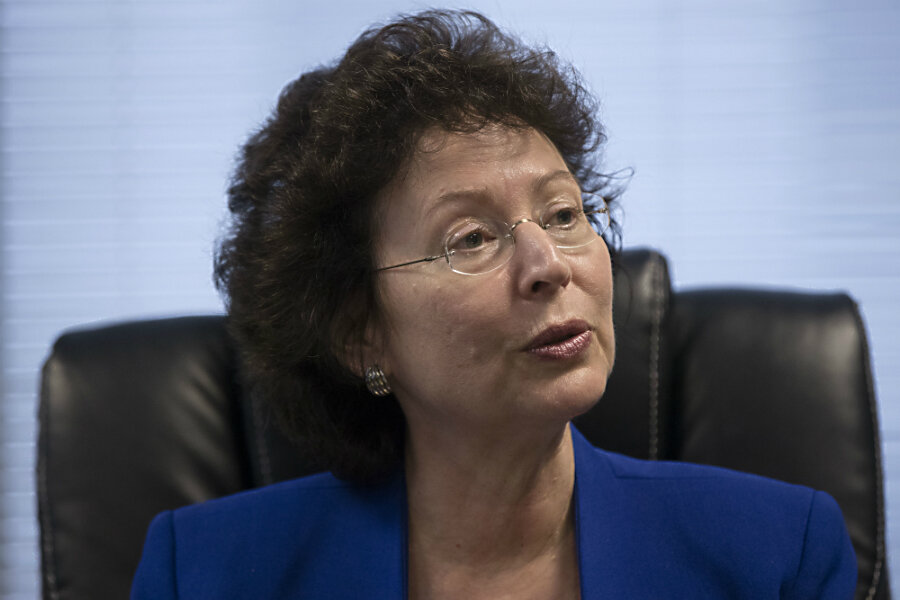In bid to improve police-minority relations, 'Bigs in Blue' pairs cops, youths
Loading...
| Philadelphia
One of the country's oldest mentoring organizations is undertaking a program pairing police with youth in an effort to address the fraught relationship between officers and the communities they serve.
Already operating in several of its affiliate branches, Big Brothers Big Sisters of America's "Bigs in Blue" program is set to begin more broadly in January. Officers will volunteer to serve as a "Big" for a child, interacting weekly for 30 minutes to an hour at the child's school, though longer visits outside of a school setting may happen depending on the relationship. Child participants will be elementary or middle school age.
Big Brothers Big Sisters President Pam Iorio said expanding the program nationally stands to change perceptions for both police and children.
"Right now, there is an identifiable problem with poor relations between police and communities," said Iorio. "This helps the police officer connect to the families they serve. They're not going into a neighborhood to make an arrest; they're going into a neighborhood to form a bond. It helps that young person see the police officers as a friend."
The shootings of unarmed black people by police in recent years have brought attention to the issue of disparate treatment in some communities, particularly ones of color, by law enforcement – creating a sense of distrust and skepticism between officers and residents. That has led to protests seeking police reforms and even rioting in some places.
The tensions also have divided communities, in some cases, along racial lines. One-on-one interactions could make a difference and help to change the conversation, said Iorio, a former mayor of Tampa, Florida, who had police chiefs who served in the Big Brothers Big Sisters program.
"This is one relationship at a time," said Iorio. "That's how we're going to solve problems in this country."
Big Brothers Big Sisters is raising money to support the initiative and has a goal of $5 million, which would fund the program for one-third of the organization's 300 local affiliates, including the Philadelphia chapter.
For Marcus Allen, CEO of the Independence Region that includes Philadelphia, Bigs in Blue is personal. As a 10-year-old growing up near Augusta, Georgia, Allen's first mentor was a police officer who took an interest in him and encouraged him to pursue his education.
"I know from experience that there are some really good police officers out there who are doing a really great job and have a really difficult job to do, which is totally separate from some of the stuff that we're seeing where unarmed black men are getting shot," said Allen, who is black.
Philadelphia Police Department Commissioner Richard Ross will serve as national spokesman for the program. He said he expects tremendous interest from officers, many of whom already volunteer their time to work with young people in the city.
Ross said he is encouraged that the program could help improve relations between police and communities.
"We've got to fight against a powerful narrative that is potentially in jeopardy of making young people believe a certain thing about all police officers," Ross said. "This is an extension of what we do and ... an opportunity to show people who we are."
Ross, who is black and has mentored young men in Philadelphia himself, said the program could also help educate and boost morale among his officers.
"It's easy if you're in a uniform to feel like it's always 'them against us,' " he said. "You want them to know they do have more support. Having regular conversations about things other than policing, you can't help but see beyond the uniform."







